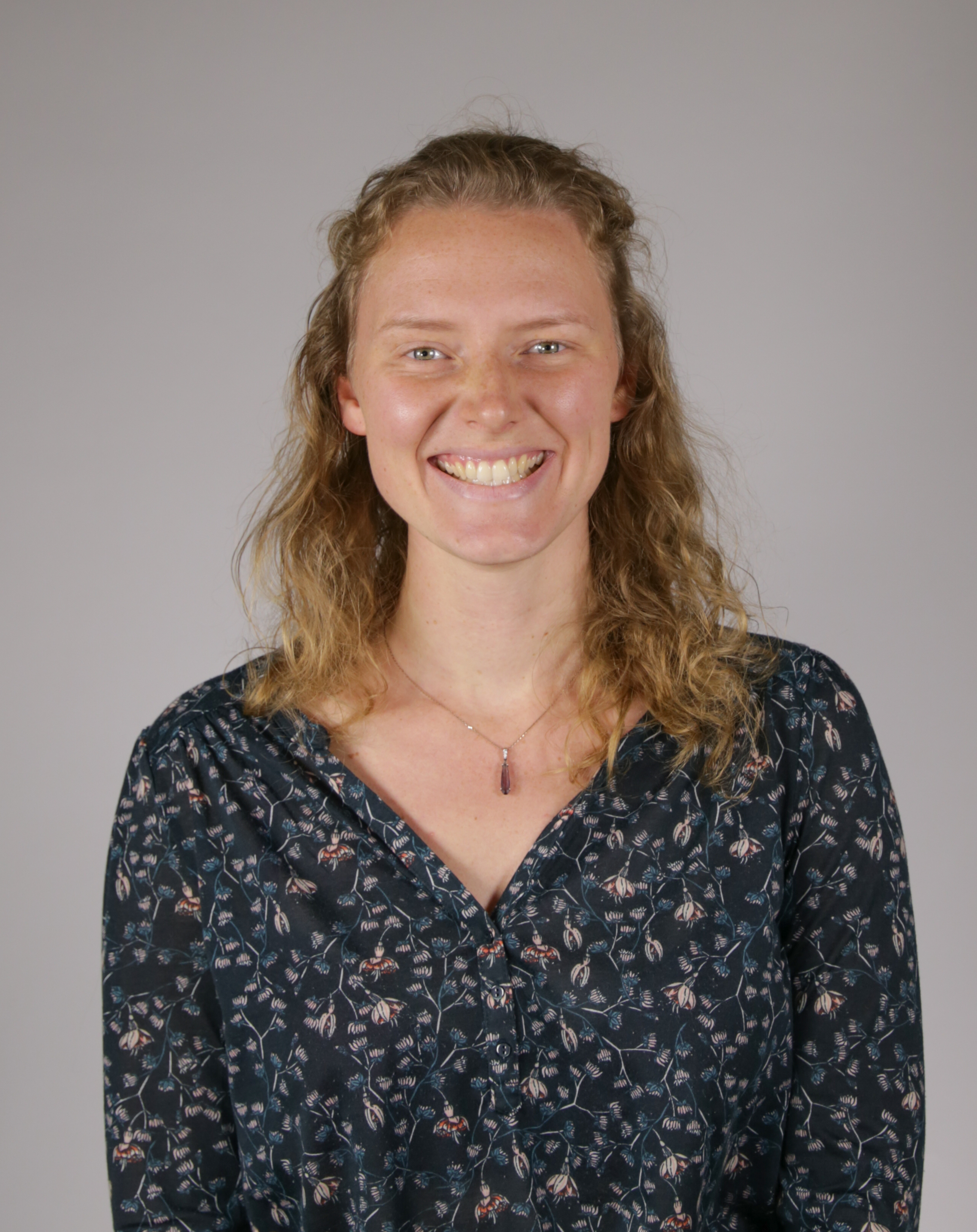Suzanne Marselis, a PhD student at the Department of Geographical Sciences advised by professor Ralph Dubayah, has been awarded the NASA Earth and Space Science Fellowship (NESSF) 2017-2018. NASA awards a number of NESSFs each year in order to support Masters or Doctoral degree students, pursuing research in earth or space sciences that supports NASA's scientific goals. Suzanne has worked for the past two years as a graduate assistant with Ralph Dubayah and his team on the joint UMD-NASA Global Dynamics Ecosystem Investigation (GEDI) mission, a spaceborne lidar mission designed to measure the structure of the Earth's forests. Her proposed dissertation research, with the title "Characterizing tropical ecotones with GEDI: a case-study in Gabon using data from the AfriSAR Experiment" contributes directly to this mission.
During the AfriSAR experiment, a collaborative campaign between NASA, ESA, DLR and AGEOS, various types of remote sensing data were collected across the different tropical forests of Gabon and complemented with field data on vegetation structure collected in core research areas on the ground. Suzanne took part of this campaign and therefore has first hand knowledge of the acquired datasets. Her work will focus mainly on the use of the airborne lidar datasets, collected by the Land, Vegetation, and Ice Sensor (LVIS). LVIS is the airborne predecessor of the upcoming GEDI instrument and can therefore be used to develop and test new algorithms. Suzanne has proposed to develop a method to use the future GEDI lidar tracks to identify and characterize ecotones, which are transition zones between different vegetation types. Information about such transition zones is highly important in a time of increaseing human and environmental pressure on the landscape, as the 'edges' of ecosystems are deemed the most vulnerable to such pressures; threatening ecosystem function and biodiversity.


